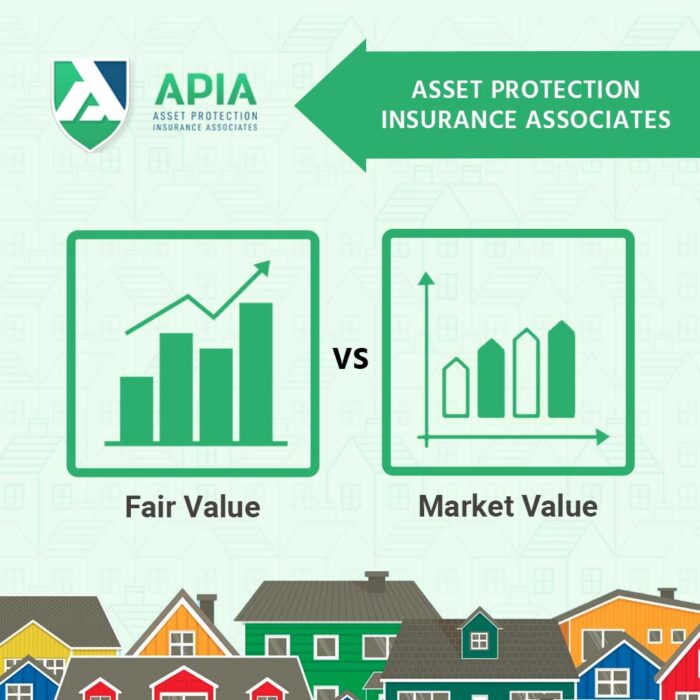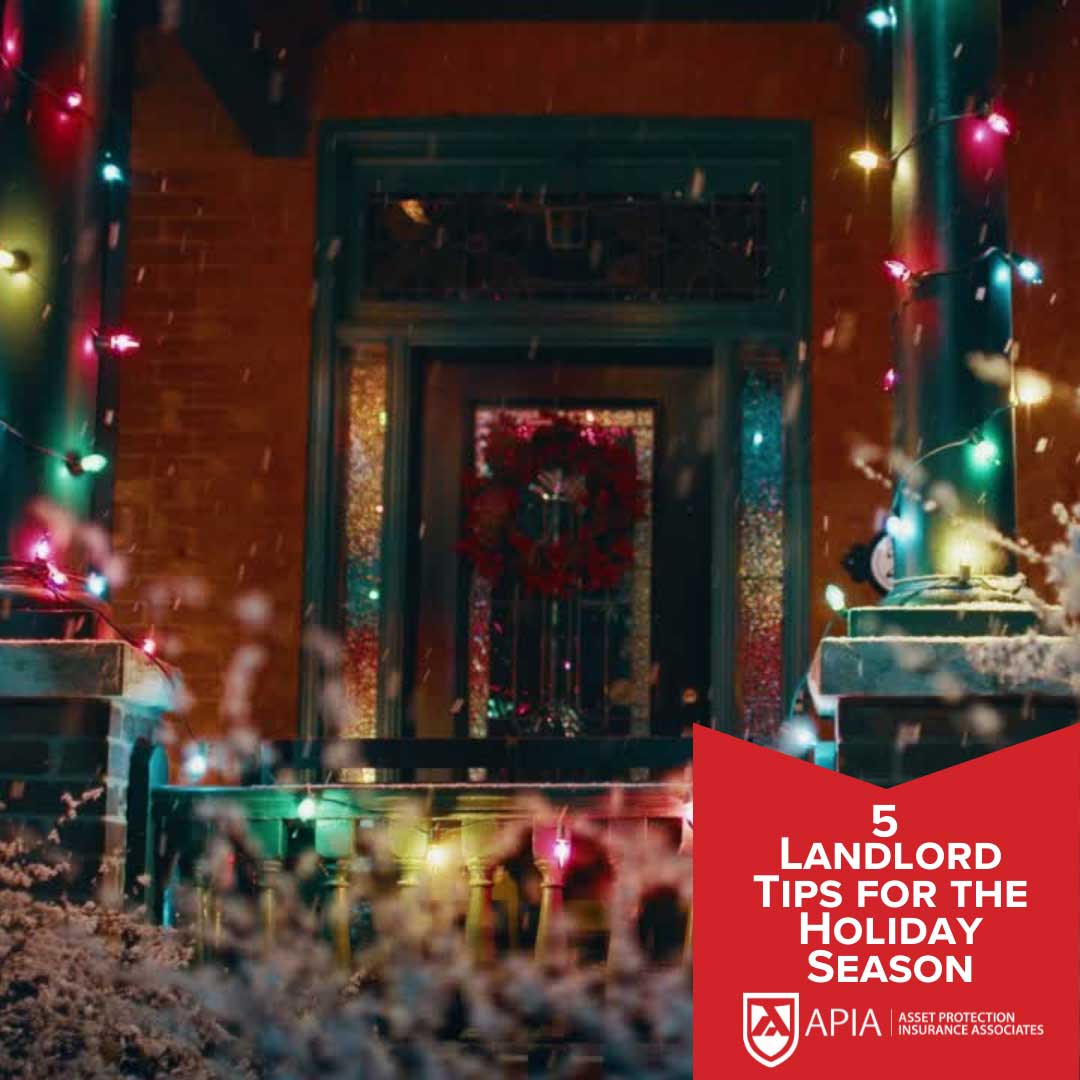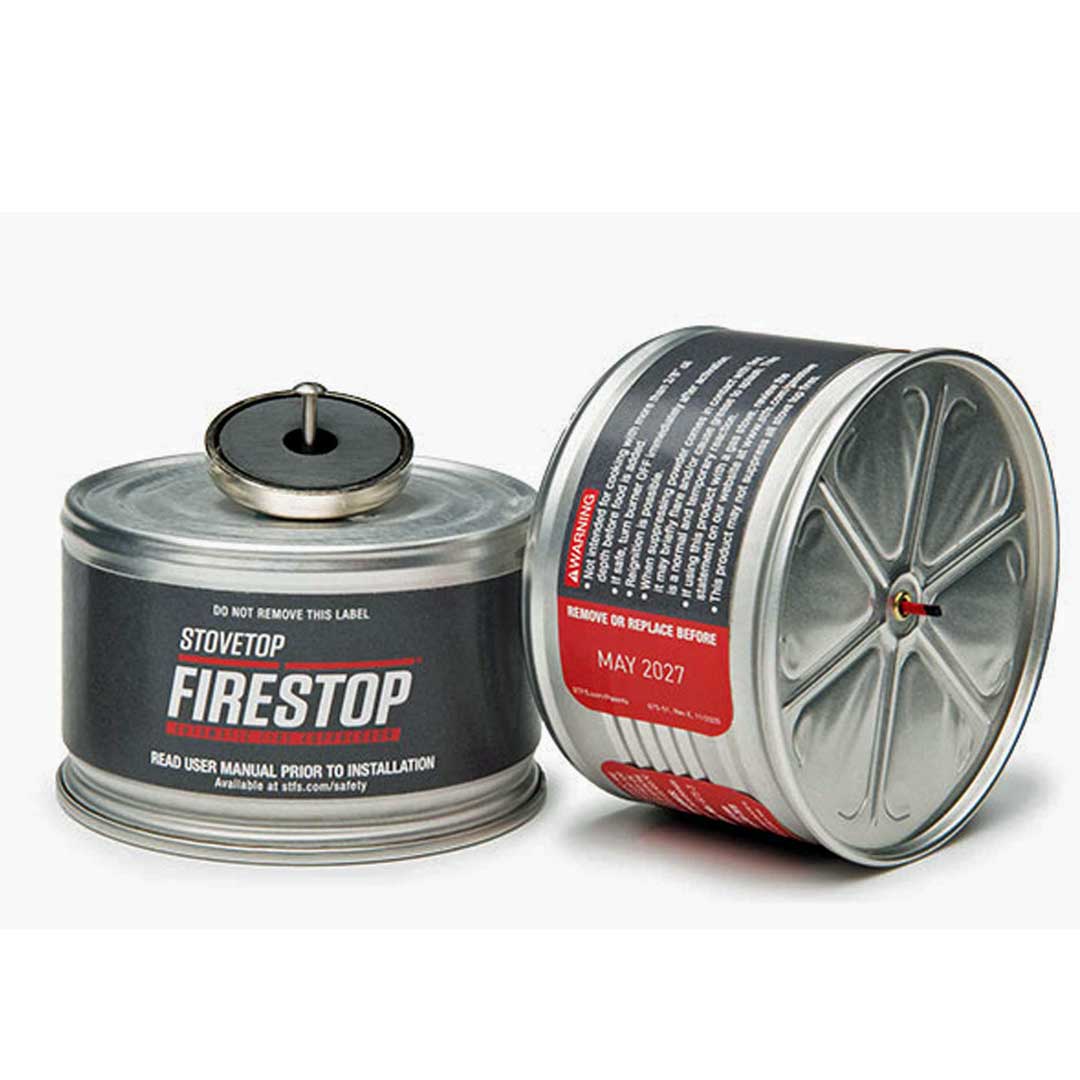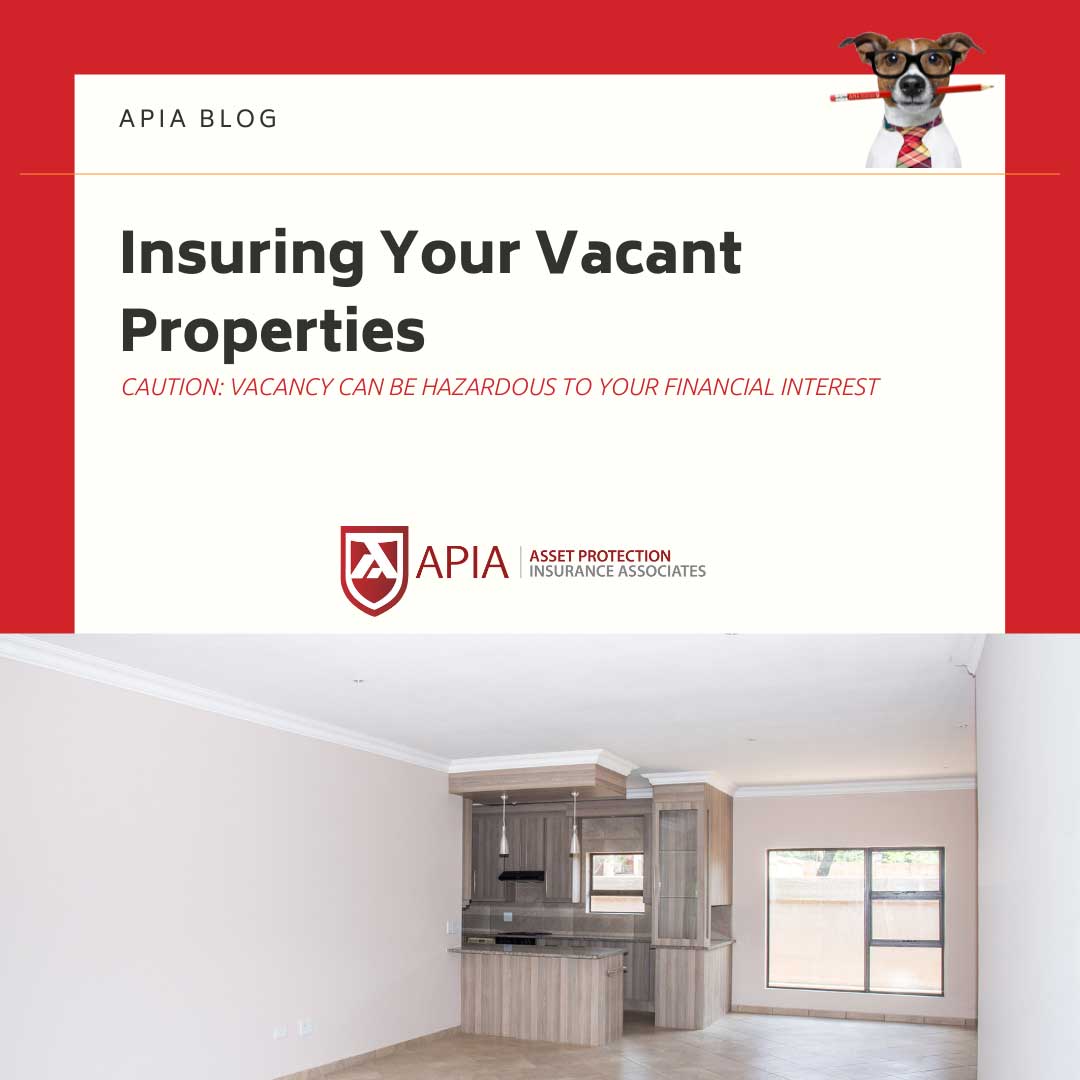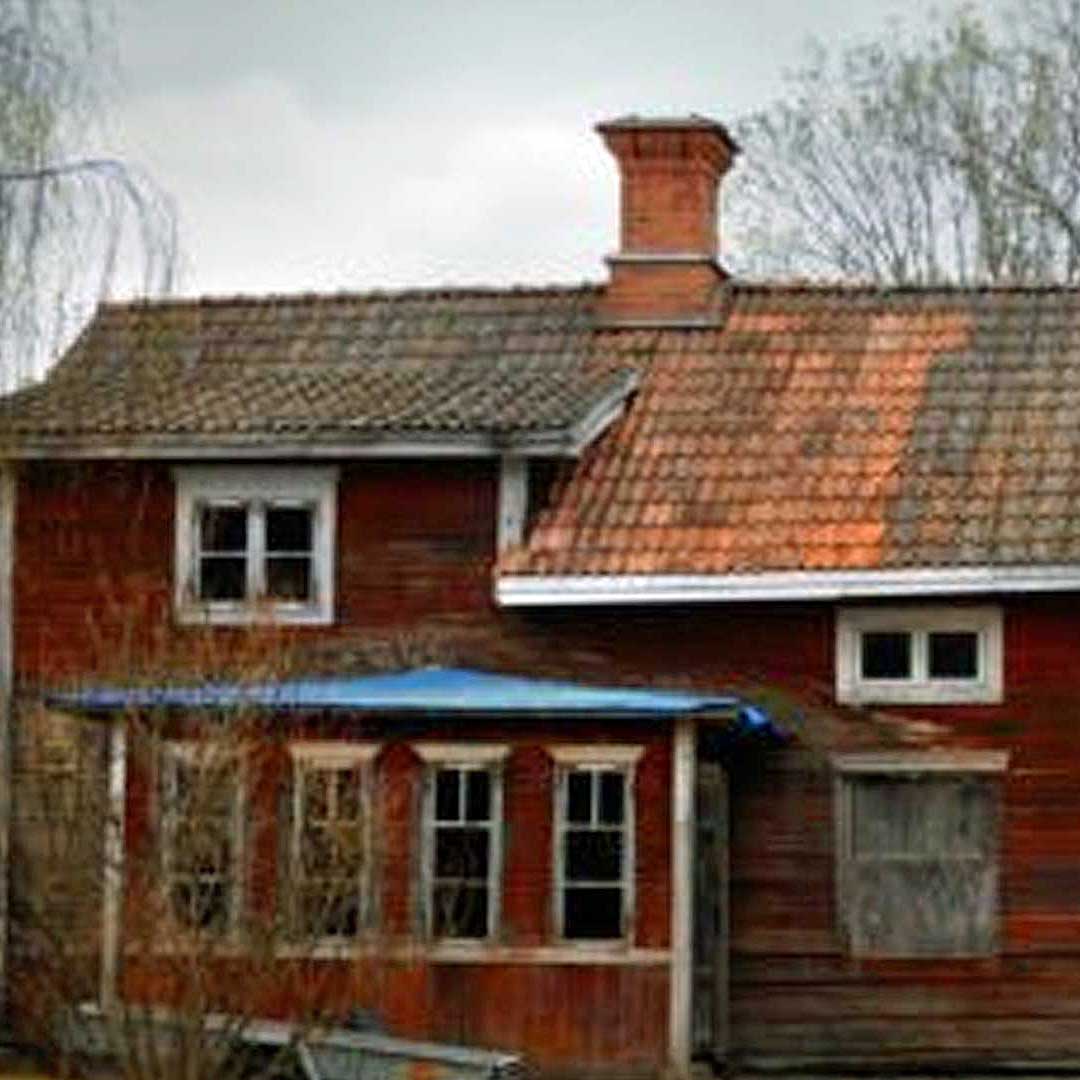
Read Your Policy
Every property must have a basic insurance policy. Homeowners should read through their policy and confirm the terms regarding occupancy. Some policies consider a property “vacant” or “abandoned” after 30 days of no occupants. Based on the homeowner’s insurance information, owners can seek OREO insurance that covers the property otherwise. Once those 30 days have passed under the homeowner’s insurance policy, the unoccupied property insurance can activate and continue protecting the home. In the end, the fine print will guide the homeowners’ decisions.
Properly Prepare the Property
Homeowners are well-aware of the intended time frame that the second property will be vacant. If the property won’t have occupants for several months, prepare it for a long-term vacancy. Clean out air vents, shutter windows and shut off water lines entering the home. If the homeowners don’t prepare the home for long-term vacancies, damages can occur from aging and weathering. Homeowners won’t have to claim any part of their policy when they take good care of the property. Multiple claims on a policy will only create higher premiums in the future.
Check the OREO Insurance Coverage Amount
Homeowners often undervalue possible damages to the property. They’ll pay for a low-coverage amount, but experience much higher damage costs. On average, vandalism and theft occurring at a vacant home can range from $5,000 to $10,000. An OREO policy should cover most of this amount. Homeowners simply need to calculate insurance costs compared to their budget, and protect the property appropriately.
Be very clear about due dates for the OREO insurance. If homeowners are late on their premium payments, the policy may lapse. Any vandalism or theft that occurs to the property during the lapsed period isn’t covered under unoccupied property insurance. When homeowners make the insurance policy a top priority, the second property will reflect that with quick repairs charged to the OREO coverage.

